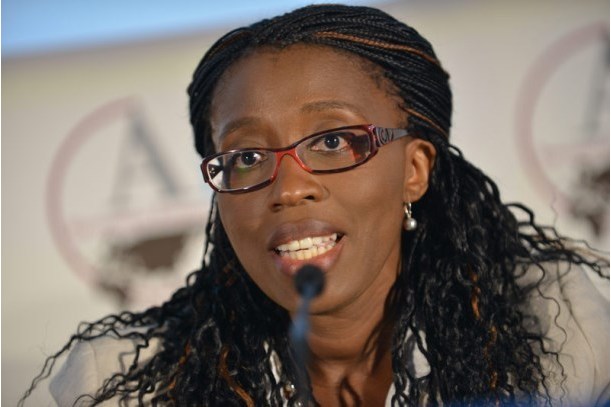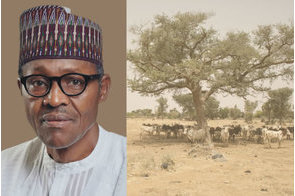African leaders promote investments in climate actions at COP 25

Summary
Vera Songwe said the ECA would support African countries to attract private sector investments in clean energy.
During the Africa Day event at the 25th United Nations Climate Change conference (COP 25), which is taking place in Spain, African countries outlined bold aspirations to build climate-resilient and low-carbon economies in their Nationally Determined Contributions (NDCs). NDCs represent the mechanism by which countries outline and communicate their climate actions post-2020 as required under the Paris Agreement.
Under the Paris Agreement, nations set a goal of limiting the increase in global temperature to well below 2°C with respect to the pre-industrial era, with the further aim of limiting it to 1.5°C; strengthen the capacity of adaptation to the adverse effects of climate change and increase resilience.
As ministers, diplomats, activists and journalists gathered at the IFEMA conference centre in Madrid to mark the Africa Day, which has been held at the conference every year since COP 17 in 2011, speakers called for a united front to tackle the challenges of climate change in Africa. According to a statement released on Thursday, the Africa Day is organised to rally support for the continent’s cause.
Vera Songwe, Executive Secretary of the UN Economic Commission for Africa (ECA), said the ECA would support African countries to revise their NDCs to attract private sector investments in clean energy.
“The lack of concerted and meaningful global ambition and action to tackle climate change poses an existential threat to African populations,” Songwe said.
Barbara Creecy, South Africa’s Environment Minister and current chair of the African Ministerial Conference on the Environment, said the Africa Day event should come up with new ideas to enhance the implementation of NDCs in Africa.
Africa is already responding positively to the challenge of climate change, said Anthony Nyong, Director for Climate Change and Green Growth at the African Development Bank (AfDB). He cited huge investment interest in renewables at the bank’s recent Africa Investment Forum in Johannesburg, South Africa.
“Clearly, we are a continent that has what it takes to create the Africa that we want to see happen. I believe what has been the missing link is the ability to brand right and to act on the market signals,” Nyong said. “We continue to present Africa as a vulnerable case and not as a business case with opportunities. In fact, where we have attempted the latter, the results have been spot-on.”
Mohamed Beavogui, United Nations Assistant Secretary General and Director General at African Risk Capacity (ARC) – an agency of the African Union (AU) that helps governments respond to natural disasters – called for innovative ways for the continent to mobilize climate finance.
“The climate disaster issues confronting the continent demand a predictable and unified response,” Beavogui said. “Africa needs to move towards market-based innovative financing models to achieve a strong, united, resilient and globally influential continent. The future of Africa depends on solidarity.”
The leaders also said Africa contributes the least to global warming, yet the continent is the most vulnerable to climate change. On her part, Josefa Sacko, Commissioner for Rural Economy and Agriculture at the African Union Commission (AUC), called on African countries to increase momentum in implementation of the NDCs and build financial and technological capacity to enhance climate actions.
Related
-
UN calls for urgent action to limit climate change catastrophe
A new report has called for unprecedented and urgent action within the next 12 years to limit global warming.
-
Why Buhari's tree planting initiative should be reconsidered
To reduce the impact of climate change, tree planting does not necessarily have to be widespread in grassland.
-
World Bank to support $17mn climate innovation centre in Ghana
The CIC will support climate entrepreneurs in the country with financing and advisory services.










